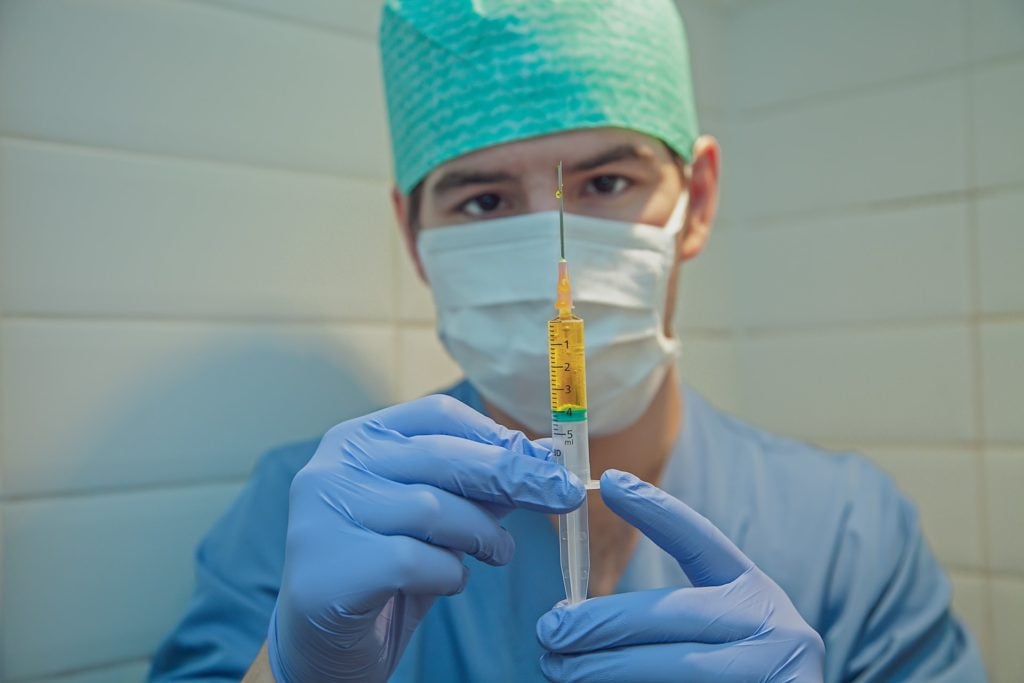
Massachusetts-based biotech company Moderna announced on Monday morning that its vaccine is 94.5% effective in a study of more than 30,000 volunteers. The announcement comes one week after rival firm Pfizer announced a vaccine with 90 percent efficacy.
protocol) in this first interim analysis. All 11 cases occurred in the placebo group and none in the mRNA-1273 vaccinated group. The 95 COVID-19 cases included 15 older adults (ages 65+) and 20 participants identifying as being from diverse communities (including 12 Hispanic or LatinX, 4 Black or African Americans, 3 Asian Americans and 1 multiracial).”
Dr. Anthony Fauci reacted to the Moderna news on the TODAY show.
Said Stéphane Bancel, Chief Executive Officer of Moderna: “This is a pivotal moment in the development of our COVID-19 vaccine candidate. Since early January, we have chased this virus with the intent to protect as many people around the world as possible. All along, we have known that each day matters. This positive interim analysis from our Phase 3 study has given us the first clinical validation that our vaccine can prevent COVID-19 disease, including severe disease.”
The Washington Post adds: “Unlike Pfizer, which invested $2 billion of its own money in researching and developing a vaccine, Moderna is part of Operation Warp Speed, the government initiative designed to erase the financial risk of vaccine and therapeutics development by providing upfront funding to companies and helping coordinate the trials. Moderna received $2.5 billion from the U.S. government to support research, development and manufacturing of its vaccine candidate, whereas Pfizer signed a contract to sell doses to the U.S. government. … The Pfizer vaccine requires ultracold storage conditions — minus 70 degrees Celsius — not widely available in typical vaccination settings. The company has been working to overcome that limitation. Moderna announced Monday that its vaccine can be stable at refrigerator temperatures for a month and frozen for up to six months. It will not require dilution at the point of care, unlike the Pfizer vaccine.”



